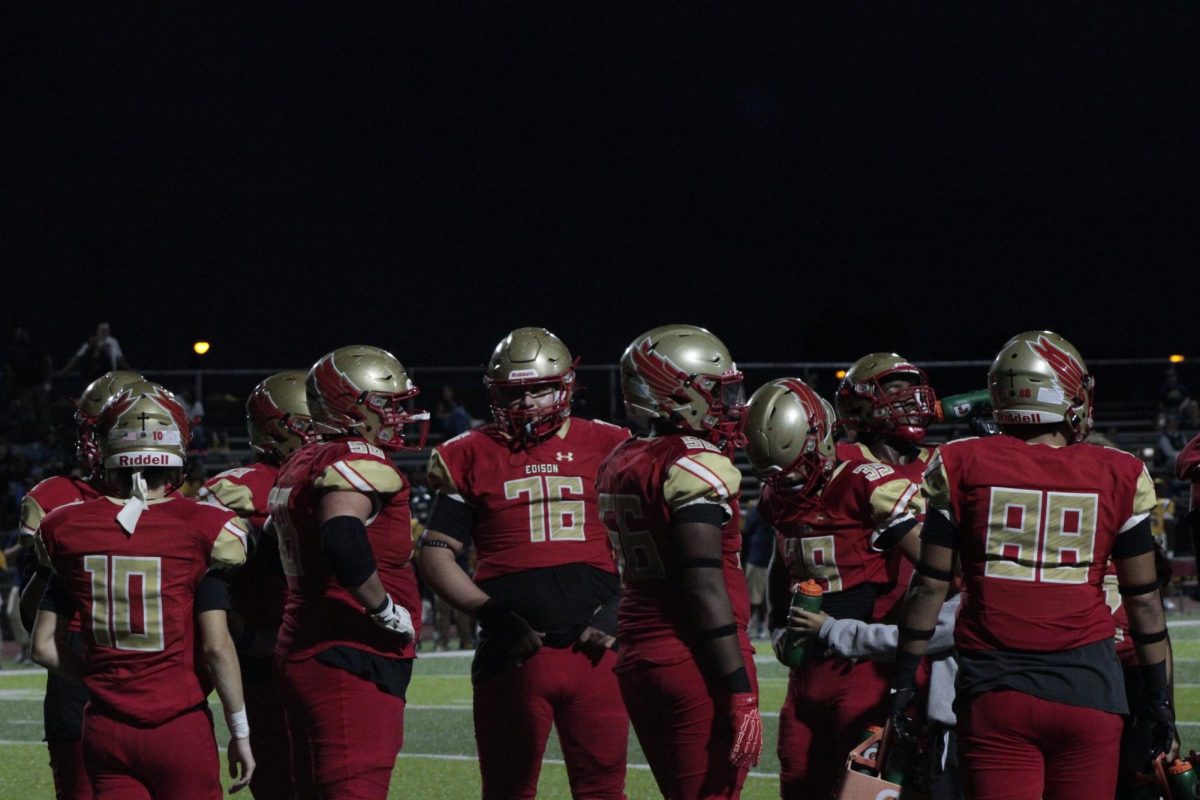High school is often considered a time for discovering one’s passions and exploring different paths before students embark on their post-high school careers. With students pursuing an array of different routes, from trade schools to undergraduate degrees to entrepreneurial adventures, this poses the question as to how high school courses should reflect such diverse interests.
On one hand, students can receive crucial experience in their disciplines of interest. This model is exhibited in various magnet schools where high school students take relevant courses relating to their future careers. Some prime examples include the Edison Academy Magnet School, the Woodbridge Academy of Allied Health, and the Marlboro Academy for Business. Such magnet high schools focus on providing students with real-life experience for their future career goals. This can act in great benefit as high schoolers can not only deepen their current passions but also explore future careers without having to commit to a singular profession.
“Since Marlboro has seven different magnet schools, we have a lot of courses to choose from. I love the diversity we have, and I feel like a lot of students I know benefit from having this choice because they are better prepared for college,” Meghana Kumar ‘25 of Marlboro High School’s Business Academy. “These focused [programs] are great for students who want to learn more about certain paths, and I personally am more interested in business because of it.”
While in a perfect world such a course diversity can be beneficial, schools need to have sufficient resources, teachers, and equipment to even offer such classes. Edison High has already made efforts to include more diverse classes such as the new Journalism and Media (JAM) class. In addition, specific departments such as Tech Education, Business, Computer Science, and 21st Century Skills have specific courses designed to prepare students for potential career paths.
One major benefit of this is the opportunity for students to gain exposure in fields they are curious about exploring in the future. This can allow them to make more informed decisions about their academic goals, giving them a head start in understanding what fields they are passionate about. Incorporating diverse courts can also foster creativity and innovation, allowing students to develop well-rounded understandings of society.
“In my opinion, diverse courses are necessary because they expose students to a wide range of subjects, allowing them to explore many different career paths and discover their true interests,” said EHS student Kanishk Ragimanu ‘25. “It is definitely more valuable for a student interested in a particular career to take classes specifically related to that field.”
Some argue that prioritizing course diversity may take away from fundamental skills that should be taught. This emphasizes the importance of core subjects such as math, English, science, and history, which provide basic reasoning, critical-thinking, and communication skills that are needed for any career or adult life. Advocates for more traditional curricula argue that a focus on the aforementioned basics allow students to build a strong academic foundation, which they can add on to in their educational or professional journeys.
“I don’t really think course diversity has an impact on preparedness for college. I think classes in high school should mostly focus on building fundamentals as opposed to bombarding students with information in changing fields,” said Siddarth Agarwal ‘24 of West Windsor-Plainsboro High School South.In addition, ensuring equitable access to such courses is essential. In order for such policies to be implemented in EHS, it is necessary to work towards eliminating barriers that differentiate students. This requires a consistent effort from administration and staff to ensure that these courts represent the entire student body, from those wanting to study medicine to psychology to construction and the arts.
“I believe diversification within the provided electives within a high school are integral for students to explore their potential career paths. The addition and implementation of various electives will allow that outlet for students to find what they are passionate about and excel in,” said EHS student Sara Nasrullah ‘25.
The debate about whether EHS should implement a wider variety of courses related to specific career paths remains. Exposure to a variety of courses relating to career paths—including real estate, social justice and policy, research, sports medicine, and cosmetology—foster adaptability and critical-thinking skills—all qualities that are essential in today’s modern and global world.



















































































